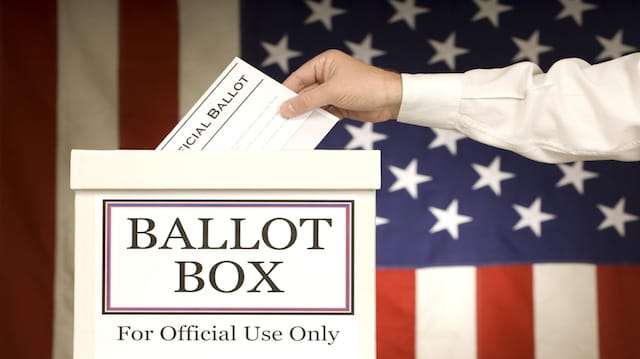The Volokh Conspiracy
Mostly law professors | Sometimes contrarian | Often libertarian | Always independent
Can an "enfranchisement lottery" solve the problem of political ignorance?

In a recent New York Times column, Notre Dame philosopher Gary Gutting describes the "enfranchisement lottery," an interesting proposal for addressing the endemic problem of widespread voter ignorance. As Gutting explains, most voters make little or no effort to learn about politics and public policy because it is highly unlikely that a single vote will make any difference to electoral outcomes. They are "rationally ignorant." The enfranchisement lottery is designed to overcome this problem:
At least one political philosopher has put forward the radical idea that we could ensure informed voters by employing an "enfranchisement lottery." Such a lottery would restrict voting to a randomly chosen group of citizens who are provided unbiased in-depth information relevant to an election. We can think of this approach as a matter of modeling our voting on our jury system. We would never accept deciding important and highly publicized trials by a vote of the general public. We think only people fully informed of the facts and relevant arguments put forward in a trial should make such important judgments. Shouldn't we be at least as careful in deciding who should be president?…
Why not, then, randomly choose, from the list of registered voters, a national jury that would meet for a week or two before the election? The jurors would be sequestered and listen to presentations from and debates among the candidates and their policy teams. The jury might also hear from and question experts on major policy issues. The result would be voters informed to a level most us can only hope to achieve. We would need a fairly large jury - perhaps several thousand - to properly represent the nation's diverse views and interests. Televising the proceedings would help ensure transparency. Since the jury was randomly chosen, its vote would very likely represent the outcome of an election in which we were all well-informed voters.
The enfranchisement lottery is an interesting idea. But it has two major flaws. First, given the enormous size, scope, and complexity of modern government, it is unlikely that a week or two of discussions and presentations will be enough to inform the juror-voters about more than a small fraction of the issues on the political agenda. This is especially likely to be the case if the jurors will have to vote on a large number of different elections (the presidency, Congress, state and local races, ballot initiatives, and so on).
Second, whoever designs the jury deliberation process will have enormous opportunity and incentive to skew it in various ways. The designers will have to decide what issues are to be discussed, who gets to make presentations to the jurors, and what the rules of the discussion will be. Presumably, the enfranchisement lottery would have to be enacted by Congress (or by a state legislature, if used for state races). Whichever party has the majority at the time is likely to do all it can to bias the process in its favor. It's highly unlikely that either the Democrats or the Republicans will be above such skullduggery - especially in an era of growing hostility between the parties and their hard-core supporters. A biased jury process could lead to even worse electoral decision-making than we currently have, where at least the voters aren't all subject to the same misinformation, which makes it harder for any one form of bias to skew the overall outcome.
The enfranchisement lottery is just one of a number of recent proposals to mitigate political ignorance by using jury-like mechanisms in which decisions are made by randomly selected groups of voters. I criticized such plans in greater detail in this article, and in Chapter 7 of the soon-to-be published new edition of my book Democracy and Political Ignorance (see also here). While many of these plans are clever and original, they all suffer from flaws similar to those of the enfranchisement lottery. Those in search of genuinely effective solutions to the problem of ignorance will likely have to look elsewhere .



Show Comments (0)